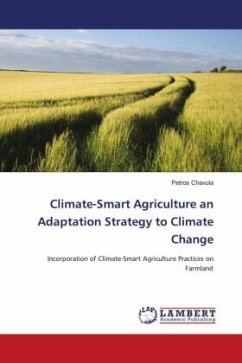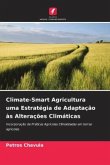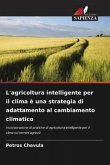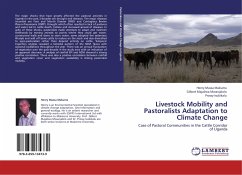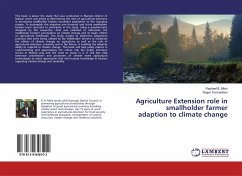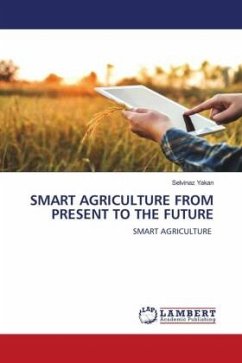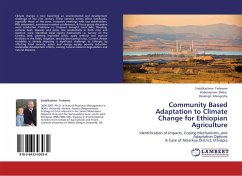The concept of climate-smart agriculture indicates a desire to better integrate agricultural development and climate responsiveness. Under a changing climate and rising food demand, it attempts to achieve food security and broader development goals. Its goals are to increase agricultural output and incomes in a sustainable manner, adapt to and build resilience to climate change, and reduce greenhouse gas emissions. However, climate-smart agriculture was introduced to combat challenges faced by farmers especially in Sub-Sahara African countries that is food supply and quality affected by climate change. Therefore, agroforestry, change in planting dates, conservation agriculture, organic farming are some of climate-smart agricultural practices implemented in Sub-Sahara Africa. Generally, the effects of climate-smart agricultural practices and technologies is effective on agricultural production. The farmland for smallholder farmers that have incorporated agroforestry, organic farming, conservation agriculture, changing in planting dates, soil and water conservation practices production has increased. As well as resilience to effects of climate change and variability.
Bitte wählen Sie Ihr Anliegen aus.
Rechnungen
Retourenschein anfordern
Bestellstatus
Storno

